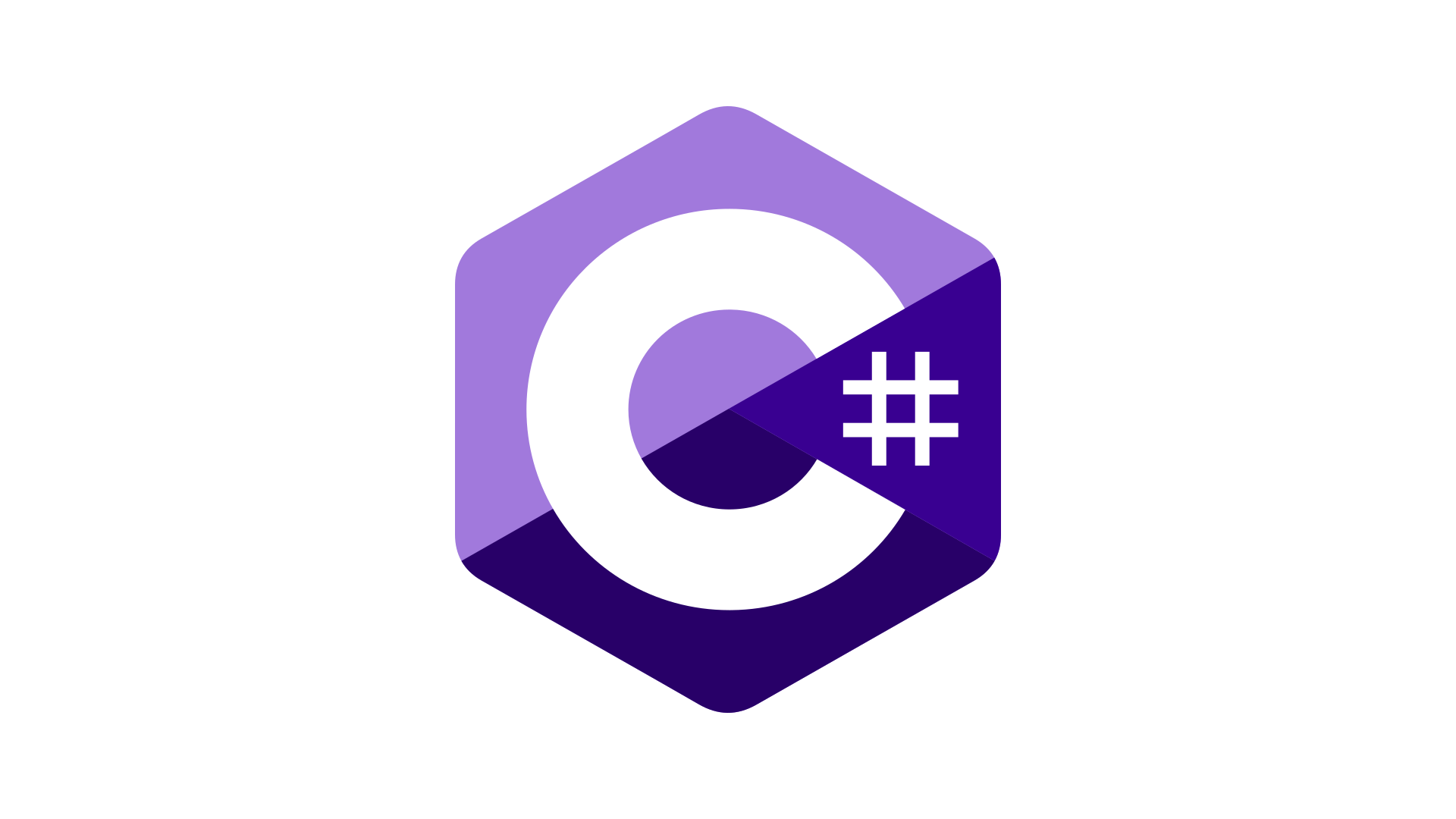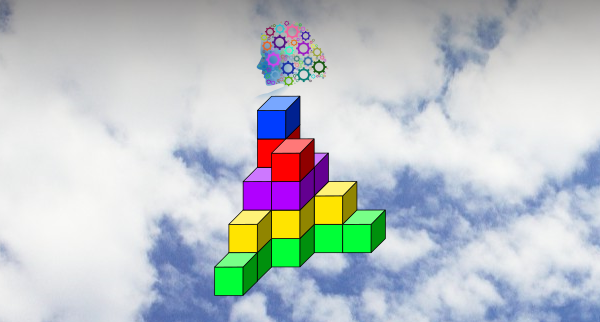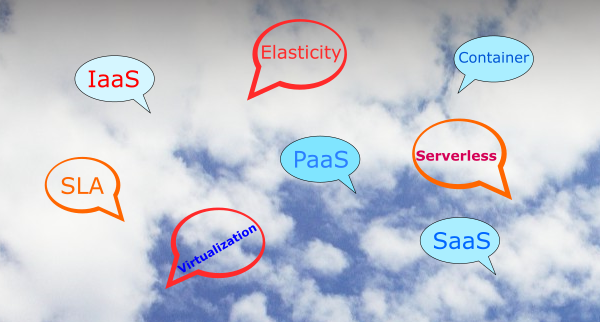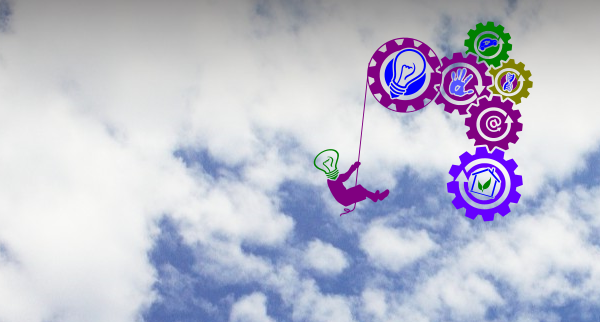Don’t Impede Technology, Embrace It!

Technological changes have always created challenges to citizens and governments alike. While we can trace back such phenomenon to a century ago for automobiles and telephones, the Internet is the one technology with profound impact in instigating new challenges of great significance.
With the Internet (and smartphones), there have been parental worries over losing influence over their children, for fear of being exposed to unsuitable contents and new forms of cyber dangers. Such concerns are well justified but experience over the years have shown that, with parental concerns being addressed at different levels, the technological advancement carries on unhindered. So much so that nowadays parental concerns hardly make it to the news and discussion fora as compared to a decade or so ago. This demonstrates adopting to the technological challenges with legitimate safeguards put in place while still embracing the advancement of technology.
The most worrying technological challenge of the Internet is the impediments repressive governments bring to bear for fear of losing control over their citizens. The counter-measures for this fear are always exercised by controlling the free flow of information—which takes various forms of censorship of the Internet. In extreme cases the censorship goes as far as closing down the whole Internet for hours to days (which can be easily done with state controlled telecoms).
There is no breaking news here as Internet censorship has been around as a serious human rights problem of the Digital Age, and well documented by various democracy and human right watchdogs around the world. Head to the Freedom House website and you will find a wealth of information on this topic, including a league table for Freedom on the Net by country. (Watch out: the lower the mark, the better net freedom, as you’ll note Estonia and Iceland at 6/100 being the shining stars of Net Freedom for 2018!). My angle in this commentary is simply to draw attention in the context of new emerging technologies particularly for developing countries.
It is a well established fact that the Internet is the most powerful platform that is changing the way we communicate, get information and do business. There are also ongoing technological advances in and around the Internet that are gathering pace and creating new possibilities. To this end, enabling technologies such as the fifth generation (5G) cellular mobile communications are also expected to provide improvements beyond the current 3G and 4G mobile networks.
There are many emerging Internet based technologies receiving much attention. For the purpose of highlighting some key points, three emerging technologies are chosen below (as being noteworthy but by no means an exhaustive list).
- Cloud Computing: With businesses migrating into the cloud platform (cloud platform is just a subset of the Internet platform) these changes will no doubt be felt as more momentous and far-reaching than we’re currently witnessing. You can read a related commentary on this topic with reference to developing countries.
- Internet of Things (IoT): Where there are computing power and Internet connectivity to exchange data (cloud computing being good at this!), a myriad of smart solutions can be built into gadgets to carry out intelligent tasks. This is a new wave of “things” using the Internet, in sharp contrast to people using the Internet. Think of smart homes, smart vehicles, smart manufacturing, smart medical care, etc. that are equipped with IoT devices to do clever things, such as improving security, personal care, energy management, and the like. Just to illustrate with an application, imagine the difference such technologies can make in the design of smart assistive technologies for the elderly and those with disabilities. The IoT based assistive system can perform intelligent medical and environmental monitoring and if conditions demand send alert messages to medical staff, relatives, etc. Such applications can be life-changing and countless other IoT applications can be envisaged in and around the home, transport, tele-working, etc.
- The Blockchain: This is another new frontier of the Internet for creating electronic based global crypto-currency. The Blockchain is essentially a distributed online electronic ledger, the Bitcoin and the Ether [early stage experimental] crypto-currencies being good examples of this. Blockchain technology has been gaining ever increasing endorsements backed with billions of dollars investments, and it is not one we can afford to ignore. If Blockchain based currency becomes a reality—we can only speculate here—it will fundamentally change the way markets and governments operate with far-reaching economic and social impact. It is also worth mentioning that there are powerful applications of Blockchain beyond finance—the same underlying principle of verifiable ledger for finance can also be used to facilitate smart contracts in different applications. This is of considerable advantage in establishing incorruptible and verifiable trust between people, entities, transactions, processes, etc. for the Digital Age.
With the above quick summary, let us pause for a moment and think about why we care about technological advances. The driving force behind new technologies is that (directly or indirectly) they increase our freedom, choice, convenience and, ultimately improve our quality of life. They exist because we need them. The common denominator for these new emerging technologies is that they are all proliferating on the Internet platform. The totality of changes due to the Internet is not only technological but without a doubt it will also be societal and economic of epic proportion. The success depends on to what extent we embrace these technological advances. Can we afford to miss out on these advances? Can we afford to impede these technological advances?
Emerging technologies make one thing very clear: the Internet platform is our critical path to wealth creation. The Internet is the new Industrial Revolution. It is not a luxury system to be shut down on a whim, as witnessed in some countries.
Internet censorship is counter-productive, not only that it is fundamentally wrong (at human rights level for impeding free flow of information), it is anti-business and anti-innovation at various levels. I shall defer details on this to an excellent opinion under the title: why countries should not restrict internet freedom. No one is against putting legitimate safeguards (as in the case of parents’ concerns cited above), for instance, to detect and prevent malware and cyber crimes. These safeguards can be put in place without impeding the free flow of information.
Taking account of new emerging technologies, Internet censorship will no doubt have detrimental outcomes because in this case censorship is tantamount to putting a brake on means of wealth creation. There is a forewarning for us all from the deep technospace of the Internet into the future: Don’t Impede Technology, Embrace It! We ignore this warning at our own peril.
☀☀☀
© 2018 Demessie Girma















0 Comments